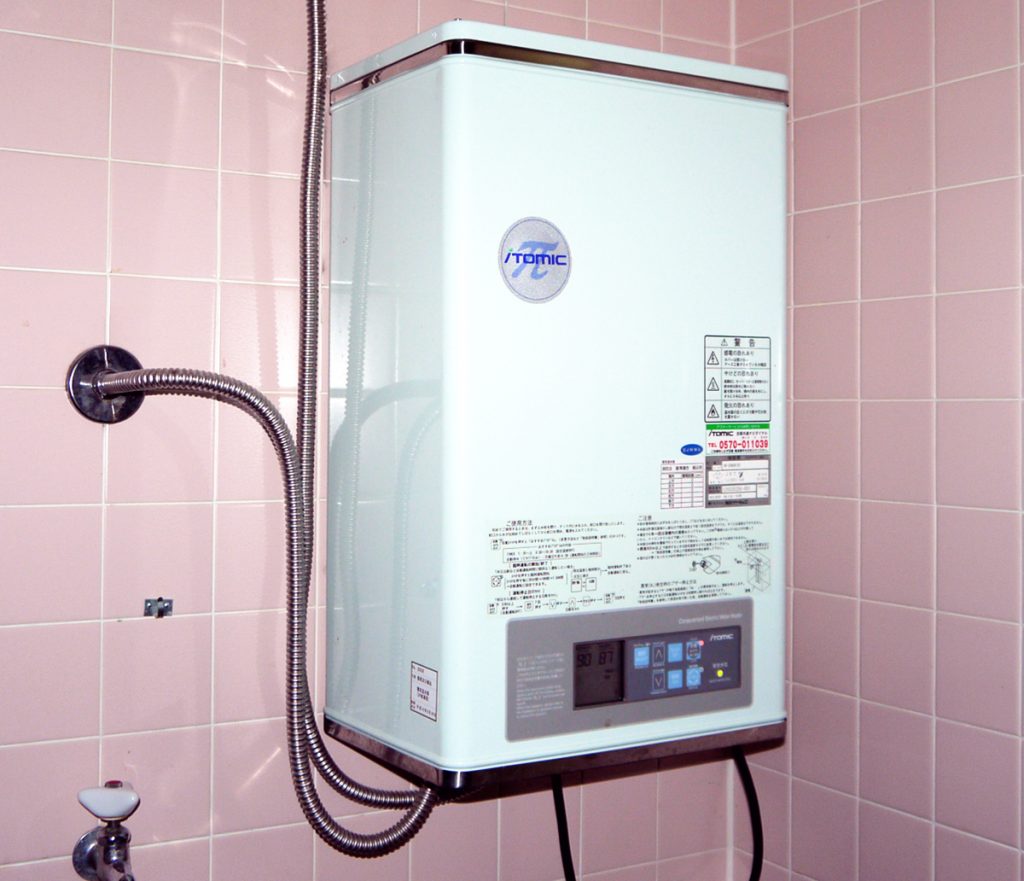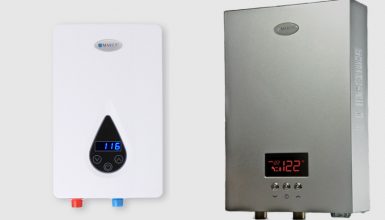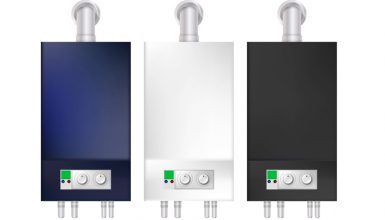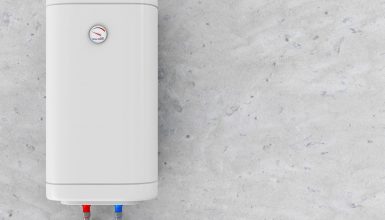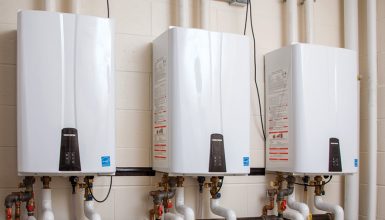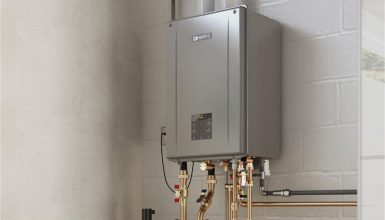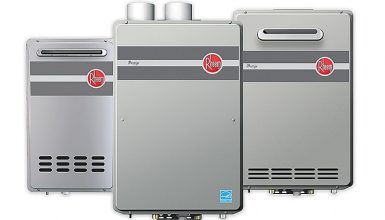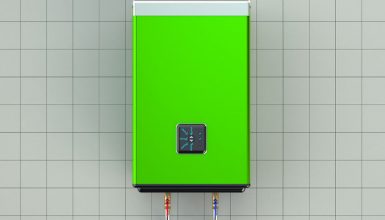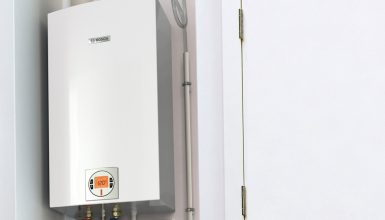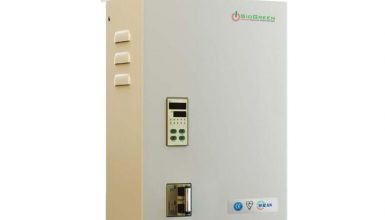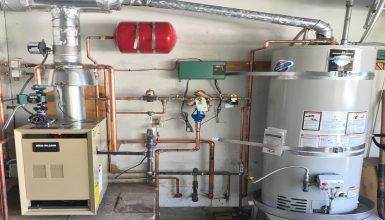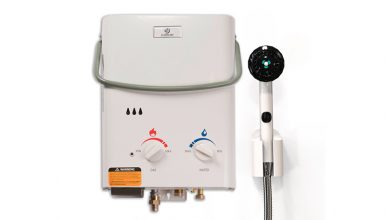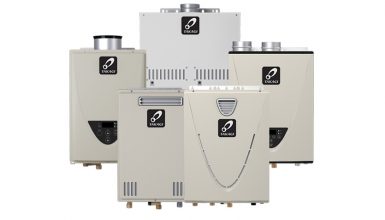Have you ever stepped into a freezing cold shower because your electric water heater unexpectedly shut off? It’s a frustrating and inconvenient problem, and it’s important to address the issue promptly to avoid further problems or costly repairs.
In this post, we’ll explore the possible causes of an electric water heater that keeps turning off and provide steps for troubleshooting and prevention. Don’t let a faulty water heater ruin your day – read on to learn more!
Causes
There are several possible causes of an electric water heater that keeps turning off.
- Tripped circuit breaker
One common cause is a tripped circuit breaker or blown fuse. This means that there may be too much current flowing through the circuit, causing the breaker to switch off in order to prevent an electrical overload.
- Malfunctioning thermostat
Another possible cause is a malfunctioning thermostat. The thermostat is responsible for regulating the temperature of the water in the tank. If it’s not functioning properly, the water heater may turn off unexpectedly.
- Loose wiring
Loose wiring is another potential cause of the problem. If the wiring is loose or damaged, it can cause the water heater to malfunction. To check for loose wiring, you’ll need to remove the access panel and visually inspect the wiring.
- Sediment
Sediment build-up in the tank can also cause the water heater to turn off. Over time, minerals and other impurities can build up in the bottom of the tank, causing the heating element to become less efficient.
- Heating element
Finally, the heating element itself may have failed. The heating element is responsible for heating the water in the tank, and if it’s not working properly, the water heater may turn off.
How to Fix
If you’re dealing with an electric water heater that keeps turning off, here’s how you can troubleshoot the issue:
Step 1: Check the circuit breaker or fuse
As mentioned earlier, a tripped circuit breaker or blown fuse can cause the water heater to turn off. To fix this issue, you’ll need to locate the circuit breaker panel and reset the breaker. If the problem persists, you may need to replace the fuse.
Step 2: Inspect the thermostat and heating element
If the circuit breaker and fuse are functioning properly, the next step is to check the thermostat and heating element. To check the thermostat, you can use a multimeter to test it for continuity. If it’s not working as it should, you may need to replace it. To check the heating element, you’ll need to use a multimeter to test it for continuity. If it’s not working, you’ll need to replace it.
Step 3: Check for loose wiring and sediment build-up
If the circuit breaker, fuse, thermostat, and heating element are all functioning properly, the next step is to check for loose wiring and sediment build-up. To check for loose wiring, you’ll need to remove the access panel and visually inspect the wiring. If you find any loose or damaged wires, you’ll need to repair or replace them. To remove sediment build-up, you’ll need to flush the tank.
How to Prevent
To prevent the problem of an electric water heater turning off unexpectedly from occurring again, here are a few steps you can take:
- Regular maintenance
One of the best ways to prevent issues with your water heater is to perform regular maintenance. This includes flushing the tank to remove sediment build-up and checking the thermostat settings to make sure they’re accurate.
- Upgrade to a newer model
If your water heater is getting old, it may be time to consider upgrading to a newer model. Newer models often have improved features that can help prevent problems from occurring.
- Seek professional help
If you’re having frequent issues with your water heater or you’re not sure how to properly maintain it, it’s always a good idea to seek the help of a plumbing expert. They can diagnose any problems you’re having and recommend the best course of action.
Conclusion
Troubleshooting an electric water heater that keeps turning off can be a bit of a process, but with a little patience and attention to detail, you should be able to find the root cause of the problem and fix it. If you’re not comfortable handling the repairs yourself, it’s always a good idea to consult a plumbing expert for help.

